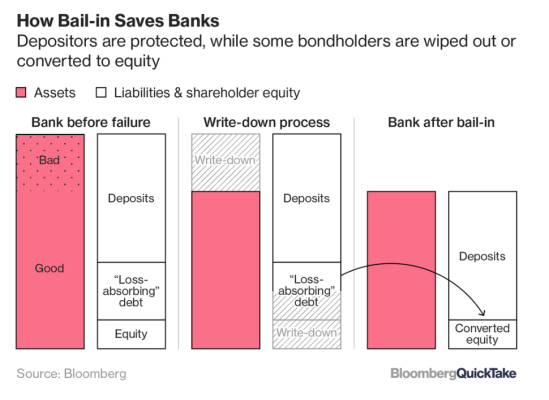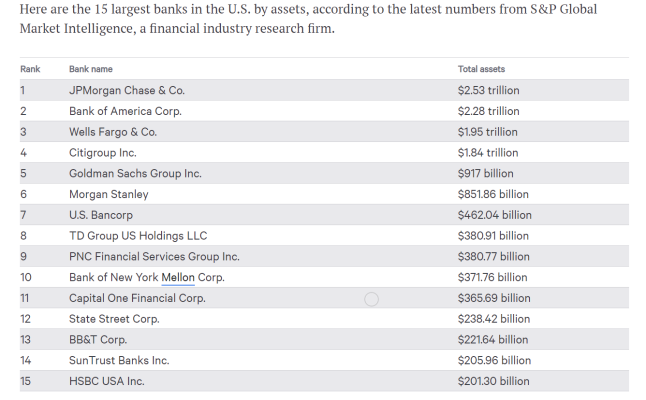OldShooter
Give me a museum and I'll fill it. (Picasso) Give me a forum ...
However, I believe that in most or all cases, using a CC at an ATM is a "cash advance" on which you pay the rapacious interest from day one. That is why we use the debit cards. As I said, we use CCs for other purchases, meals, etc. We also carry two CCs just like we carry two debit cards. We also NEVER permit our CCs to be charged in dollars, only in the local currency. This is a common ripoff.You make valid points, and yes the protections are better than they were a couple of years ago. Nonetheless, when I use a CC, I am using the *banks* money as opposed to using a debit card which is *my* money. They may have the guarantee for your money, but I would guess they will fight for *their* money a little harder than *my* money.
Whatever floats your boat. In our case, we don't get foreign cash before we leave because of the inconvenience and fees. We routinely hit the ATMs at our arrival airport for a few hundred bucks in local funds. We've been doing this for years and every year there are more ATMs and fewer issues. Even third world countries, like Vietnam and Myanmar this January, we do not have problems. We try to use up the foreign cash before departure because we don't want to pay exchange fees coming home and the bank will only take bills, not silver.When we travel (internationally, anyway) we will put a small contingent of cash in an account that can be accessed by debit card. If we need it, we will use it, but will immediately report the card missing afterwards. It might seem like an odd way of dealing with cash, but it works for us. But, our last 3 international trips, we had plenty of cash and didn't have to use an ATM.



